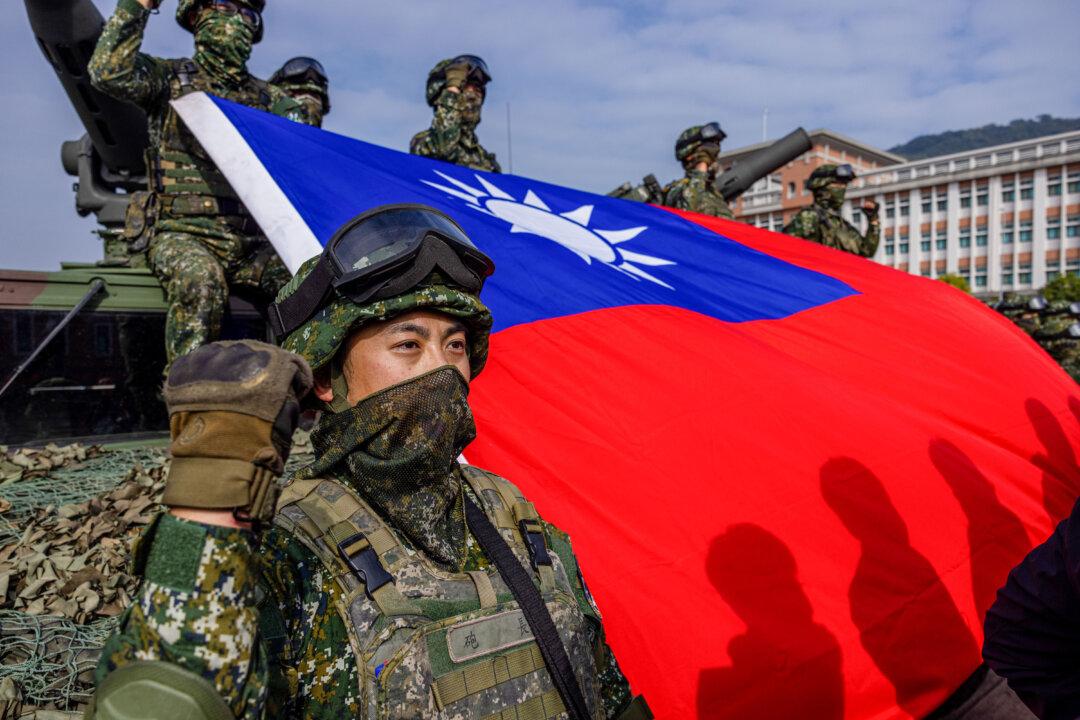Commentary
The Taiwanese share something in common with the Japanese. Both nations have deep-seated doubts that the United States really will defend them—although in Taiwan’s case, it’s probably a more rational concern.

The Taiwanese share something in common with the Japanese. Both nations have deep-seated doubts that the United States really will defend them—although in Taiwan’s case, it’s probably a more rational concern.